Amanda Leduc is a writer and disability rights advocate. She is the author of THE CENTAUR’S WIFE (Random House Canada, 2021), DISFIGURED: ON FAIRY TALES, DISABILITY, AND MAKING SPACE (Coach House Books, 2020), and THE MIRACLES OF ORDINARY MEN (ECW Press, 2013). Her essays and stories have appeared across Canada, the US, and the UK, and she has spoken across North America on accessibility, inclusion, and disability in storytelling. She has cerebral palsy and lives in Hamilton, Ontario, where she serves as the Communications Coordinator for the Festival of Literary Diversity (FOLD), Canada’s first festival for diverse authors and stories.
I had the opportunity to interview Amanda, which you can read below.
First of all, welcome to Geeks OUT! Could you tell us a little about yourself?
Of course! I’m a Canadian author and disability rights advocate. I’ve written several books: a nonfiction book called Disfigured: On Fairy Tales, Disability, and Making Space, which was published in 2020, and two novels, The Centaur’s Wife, published in 2021, and The Miracles of Ordinary Men, published in 2013. I currently live in Hamilton, Ontario, where I write and serve as the Communications and Development Coordinator for the Festival of Literary Diversity (FOLD), Canada’s first festival for diverse authors and stories.
As an academic, what can you tell us about your book, Disfigured: On Fairy Tales, Disability, and Making Space? What was the inspiration for this book?
Disfigured is a hybrid book—a blend of memoir and cultural criticism that looks at several well-known fairy tales from a disability rights lens. I look at my own lifelong fascination with fairy tales and explore how that, along with my disability, shaped how I grew up and viewed disability in the world.
What are some of your favorite stories/fairytales concerning disability, or containing disabled coding?
I think that Beauty and the Beast is a really great example of a fairytale that is deeply coded in disability. The Beast, as a character, is made to look different, is othered, as a result of his bad behaviour. This carries the message that those who look (or walk, or act) differently from the “norm” are this way because they somehow deserve it. It’s the kind of message that we can (sometimes!) deconstruct as adults, but it’s often difficult for young children—who are most often exposed to fairytales in their formative years—to understand this. And as a result, we grow up internalizing these kinds of messages—the good things that happen to so-called “normal” people versus what happens to those who are perceived as different in some way.
How did you find yourself getting into writing, both fiction and non-fiction? What drew you to those mediums?
I have always wanted to be a writer, since the time that I was very small. It’s just always something I’ve wanted to do in the world. I was initially drawn to fiction first, and spent a lot of time in my teens and twenties focused on learning how to write stories and novels. So it came as something of a surprise to discover in my thirties that I was also very interested in non-fiction, and in exploring the ways that this genre in particular could shift and grow and change.
How would you describe your writing process?
It’s very organic. Usually I start a book thinking of one specific scene or idea. With Disfigured, I was interested in the fact that so many of the fairytales I’d been introduced to as a child featured disability but were never discussed in explicitly those terms, so I set out to write a book that explored this idea, and along the way the book incorporated memoir and hybrid forms as a part of this discovery. With my latest novel, The Centaur’s Wife, I had a scene in mind of a woman who was struggling with her marriage (and with the world ending) but also secretly in love with someone else. I was interested in exploring what “taboo” love can mean, and looking at how grief and desire can intertwine. Then, as I was exploring these things, the novel began to incorporate elements of disability into the story as well.
When I write, I don’t generally have an outline—I start with something small and then build on that, and the outline gradually reveals itself to me as the story goes on. The initial part of writing—that first scene or idea—can often be quite slow, and I’ll spend months or years just jotting down little notes to myself and thinking through the world of the novel and what it’s trying to say. But then gradually the momentum builds and once I’m in the thick of a writing project it usually comes out in a steady fashion. At the height of things I like to shoot for a minimum of 1000 words a day, but I don’t always get there.
As a writer, who or what would you say are some of your greatest creative influences and/or sources of inspiration?
I love Karen Russell’s work, and Kevin Brockmeier, and Carmen Maria Machado—I think they’re all doing really interesting things with form and voice, and the “reality” of the worlds that we as writers try to build.
I was, and still am, a huge fantasy and sci-fi nerd. When I was young I read a lot of the fantasy and sci-fi classics, like Octavia Butler and C.S. Lewis and JRR Tolkien, and it’s a genre that I still love escaping into, particularly when my own writing is proving difficult, (which it often does!). I love Sarah J. Maas, and am waiting impatiently for her next book.
Over the last few years I’ve noticed that I’ve reached a place where inspiration seems to come from everywhere—I find creative influences everywhere I look, from the shows I watch through to my daily walks with my dog. It’s really wonderful and I wish this for all writers—to be able to look at the world around you and see creativity everywhere feels like such a gift!
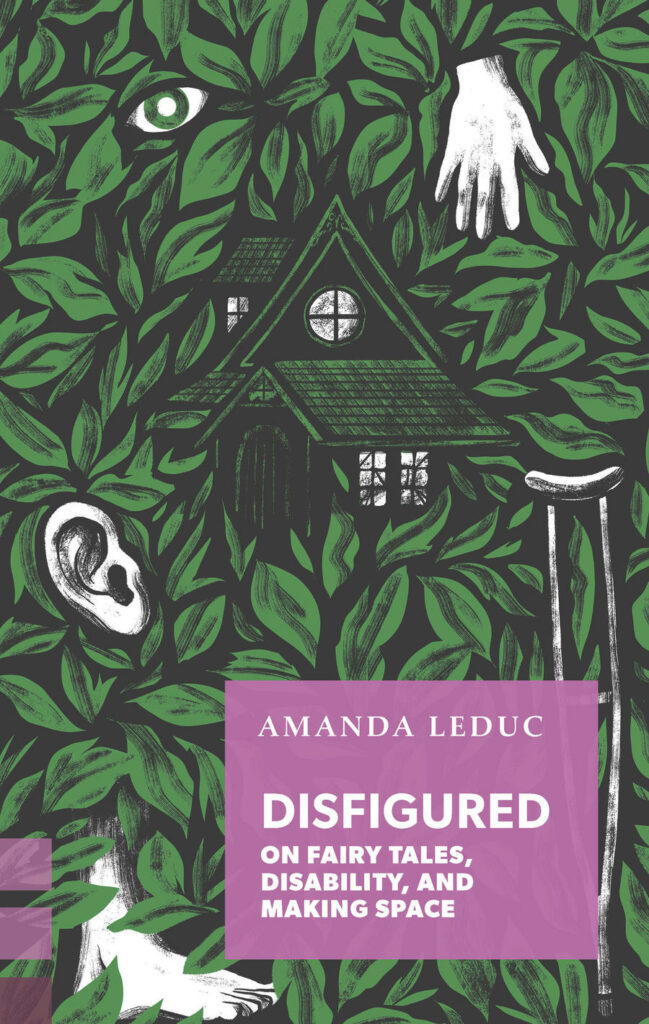
What advice would you give for authors for portraying disability (whether that of their own or of others) within their own work?
I think it’s important for all writers to be honest with themselves around the question of portraying a character with a disability, particularly if that disability isn’t your own. You need to ask yourself: am I the best person to tell this story? Or should I be amplifying the voice of someone else who is already telling this story in some way?
If you really think that a character must have a disability of some kind, and you don’t have that experience yourself, you must pay to have your work read by someone with lived experience—in publishing they’re often known as sensitivity readers—so that they can give you advice on the portrayal of your character and suggestions for how it might improve.
What are some of your favorite elements of writing? What are some of the most challenging?
I love creating new worlds and imagined futures (and presents, and pasts!) and then getting to play in them. It’s the greatest thing. The challenging part of that is making sure that everything then makes sense in the context of the story!
Besides your work as an author, what are some things you would want readers to know about you?
I write a regular newsletter (amandaleduc.substack.com) and also work across North America as a disability rights advocate, giving presentations on accessibility in events and the presence of disability in storytelling.
What’s a question you haven’t been asked yet but wish you were (and the answer to that question)?
I wish that interviews talked about book advances and the financial realities of writing more! The reality is that most writers who are working in the world today do not write full-time—most of us have day jobs and do all of our writing on top of that. I think that a lack of discussion around this can perpetuate this idea that anyone who is a public writer has someone found a way to make a lot of money doing it, and that is so often not the case.
Are there any projects you are working on or thinking about that you are able to discuss?
I have a new novel called Wild Life coming out in Canada next year—and hopefully in other countries too—though I’m not yet sure exactly when that will be. It follows two hyenas who walk upright and talk like humans, and the writing of it is probably the single most enjoyable time I’ve had as a writer to-date. It was so much fun to do.
What advice might you have to give to aspiring writers?
I think a lot of advice to writers boils down to don’t give up. It’s a cliché, but it’s also true. Don’t give up! There is a time and a place for your stories. What I’ll add to this is: your work will find its audience. And that audience is not going to look the same for everybody. But that’s okay! Understanding your connection to your readers—what people are drawn to in your writing, and how your writing shapes the world that your readers inhabit—is part of the magic of being a writer. May you know that moment when it arrives, and treasure it forever.
Finally, what books/authors, including possibly those related to queerness and/or disability, would you recommend to the readers of Geeks OUT?
So many! Carmen Maria Machado for sure (Her Body And Other Parties, The Dream House), Keah Brown (The Pretty One), Emily Ladau (Demystifying Disability), and Alice Wong (The Year Of The Tiger, Disability Visibility), just to name a few. Happy reading!

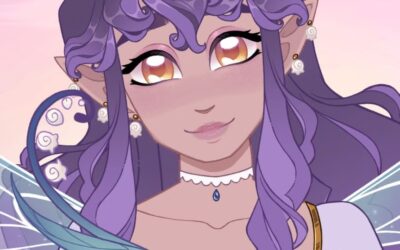
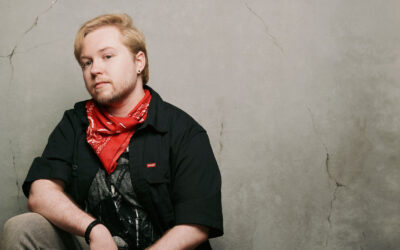
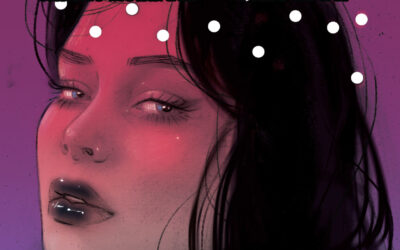
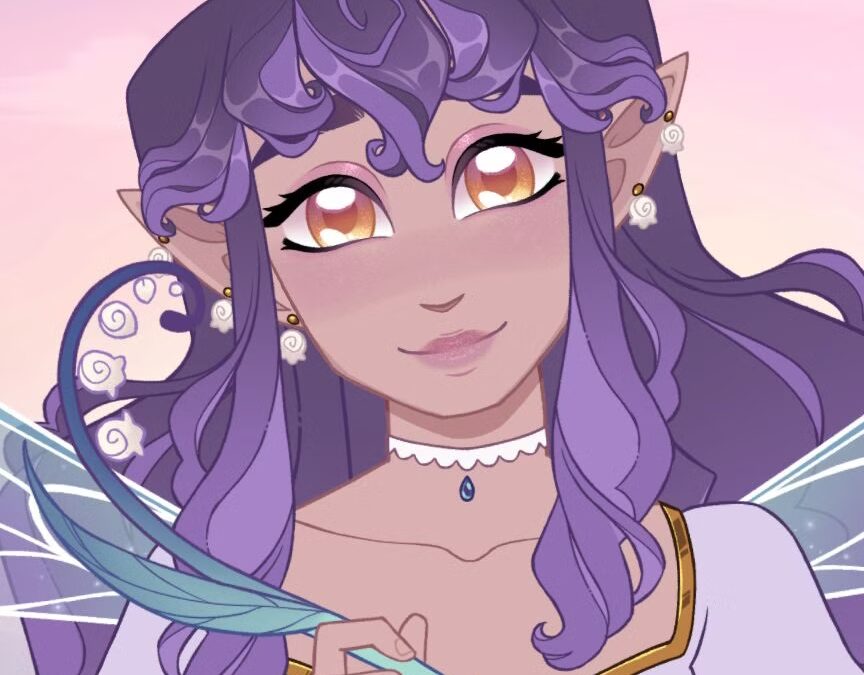
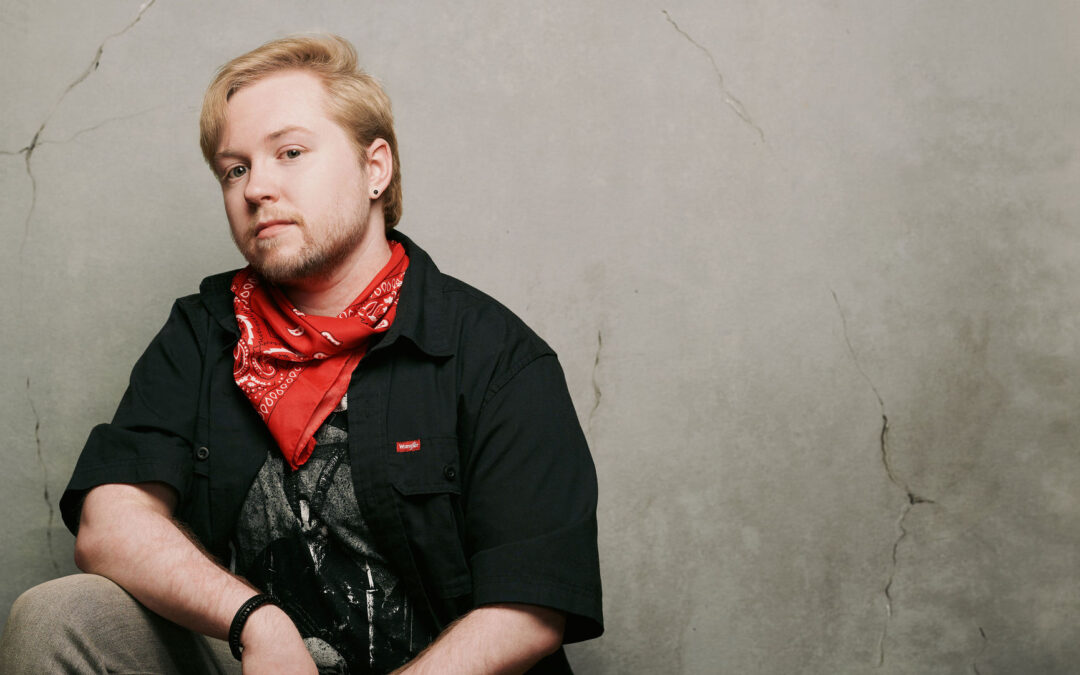
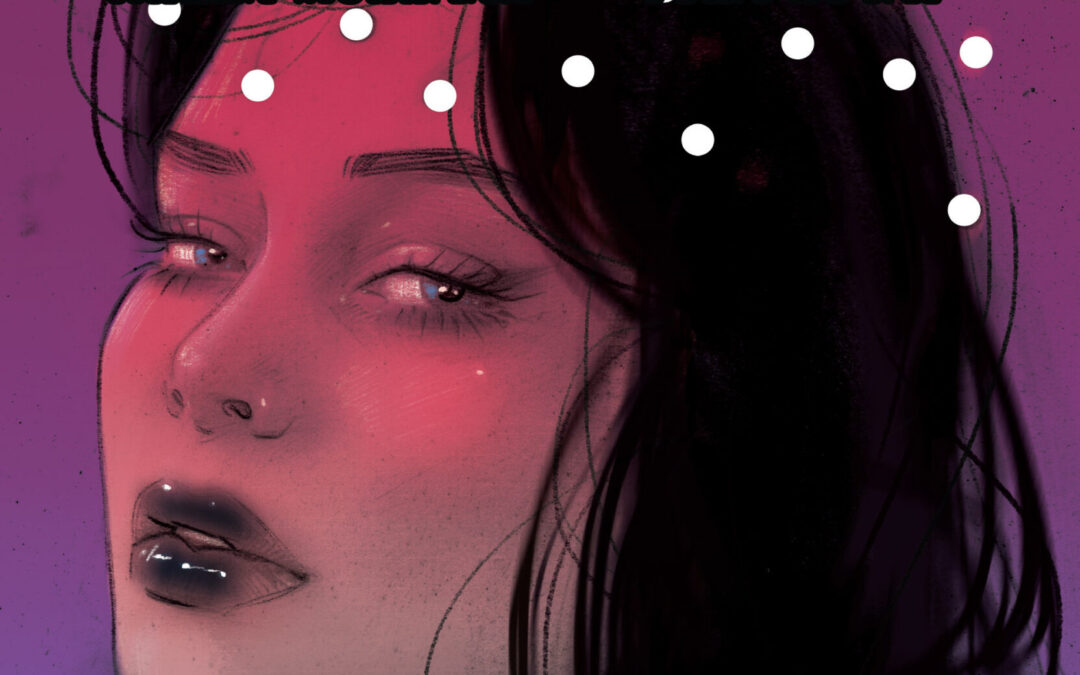
0 Comments